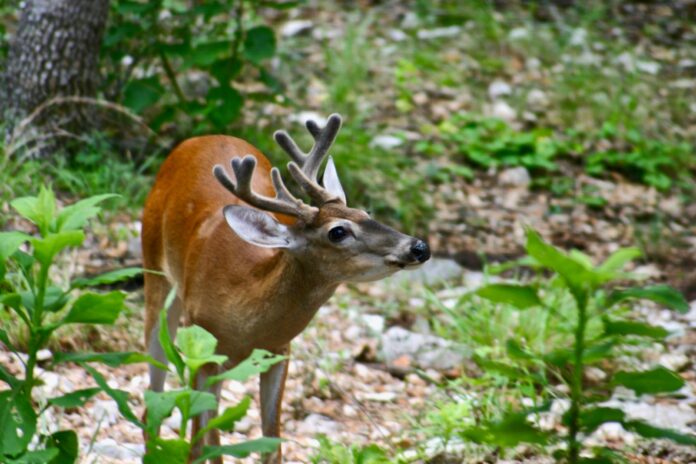The provincial government is responding to the first cases of chronic wasting disease in B.C., both found in deer samples in the Kootenays.
Provincial officials said chronic wasting disease is an infectious and fatal illness affecting the cervid family, such as deer, elk, moose and caribou.
The province asks you to be cautious when eating deer meat.
“There is no direct evidence that the disease can be transmitted to humans and there have been no cases of the disease in humans,” said B.C. government officials. “However, to prevent any potential risk of transmission or illness, Health Canada and the World Health Organization recommend people not eat meat or other parts of an animal infected with chronic wasting disease.”
If you see deer, elk, moose or caribou exhibiting symptoms such as weight loss, drooling, poor coordination, stumbling, or generally sick with no obvious reason, you should call the RAPP line at 1-877-952-7277 or the B.C. Wildlife Health Program.
The B.C. government said the two samples were both found south of Cranbrook.
“The first sample was from a harvested adult male mule deer,” said the B.C. government. “The second sample was from an adult female white-tailed deer that was struck on the road. The diagnosis was confirmed by the Canadian Food Inspection Agency reference laboratory on Jan. 31, 2024.”
The province had a surveillance and response plan in place to manage the risks of the disease spreading in B.C.
“Early response activities will be delivered within an initial response area (10-kilometre radius from the confirmed case) and will focus on confirming details of the situation and minimizing disease transmission and spread,” Said B.C. government officials. “People in the initial response area should remain attentive for further directions, including deer feeding in the area and the handling of carcasses.”
The provincial wildlife veterinarian is leading the response with support and input from B.C.’s chronic wasting disease advisory committee and regional working groups.




